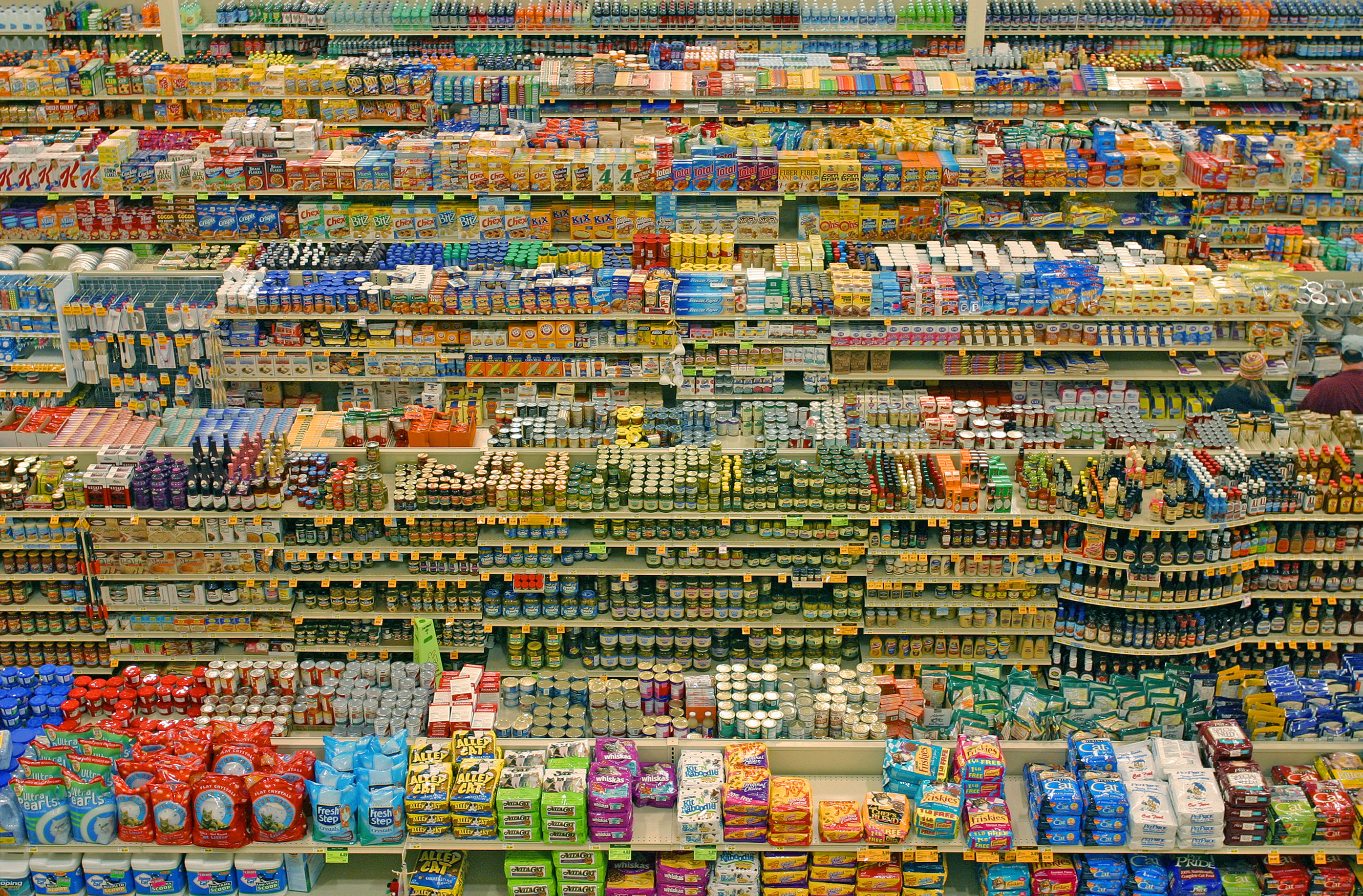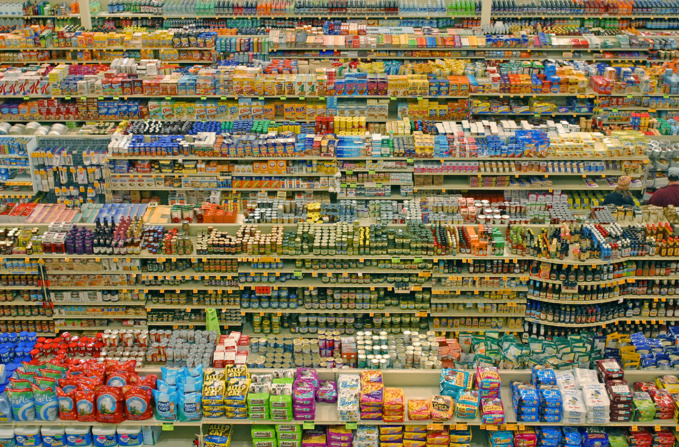On Wednesday, British corporation Reckitt Benckiser, owns brands Durex, Lysol and Scholl, reported its lowest since mid-2011 growth in same-store sales in the III quarter - only 2%. The company linked the bad performance to problems on the Russian market and lowered its forecast annual revenue. The results have also been adversely affected by political instability in Turkey, as well as by difficult situation in Africa and the Middle East. The company's management does not expect improvement in the near future.
Last week, Unilever reported a baseline revenue growth in the III quarter by 3.4%, yet the increase was entirely obliged to higher prices. Physical volumes of Unilever sales in the III quarter decreased by 0.4% after rising 1.8% in the previous quarter. The company’s CFO Graeme Pitkethly referred to devaluation of Latin America, which brought down income of consumers.
Corporation P&G in August introduced a very modest revenue forecast for 2017 fiscal year, and announced that adjusted earnings per share in the IV fiscal quarter fell by 8% excluding exchange rate fluctuations. Next week, the company will publish reporting for the I quarter.
On Tuesday, French Danone reported sales growth in the III quarter by only 2.1%, which is the lowest figure since 2009. The company referred to regulatory changes in China, which slowed growth of baby food sales, and difficult situation on the Russian and Brazilian markets. Danone has also suffered from exchange rate fluctuations. According to the company, fall of the Argentine peso, British pound, Mexican peso and Chinese yuan slowed aggregate sales growth to 4.1%.
Currently, retailers and companies operating in the consumer market are on the way of important transformations.
Company Strategy & (part of the PricewaterhouseCoopers) presented an analytical report on the most important global trends in retail and consumer goods in 2016.
Analysts have concluded that key trends in consumer spending and new consumer behavior patterns can change trajectory of the market’s development in the coming decades.
At the turn of the last centuries, Marshall Field (founder of retail chain Marshall Field & Company, brand existed until 2006) introduced the world's largest chandelier and the first escalator in its flagship department store in Chicago. This turned an ordinary shop into one of the main places of attraction in the city. Nowadays, retailers and companies operating in the consumer market are on their way to just as important changes, which will become basis for successful work in the future.
Companies in the retail segment told about major factors which are adversely affecting their activity. Among them are tax burden (81% of respondents), volatility of currency exchange rates (81%), over-regulated markets (80%), as well as changes in consumer behavior model (60 %).
It is important to note that retailers alter only the last of these factors. Many of companies admit that current consumers’ activity is led by two main factors:
• Digital technologies such as smart phones, online outlets and social networks, which drive movement of goods
• Inflow of private capital, which restricts retail startups
source: malls.com, wsj.com
Last week, Unilever reported a baseline revenue growth in the III quarter by 3.4%, yet the increase was entirely obliged to higher prices. Physical volumes of Unilever sales in the III quarter decreased by 0.4% after rising 1.8% in the previous quarter. The company’s CFO Graeme Pitkethly referred to devaluation of Latin America, which brought down income of consumers.
Corporation P&G in August introduced a very modest revenue forecast for 2017 fiscal year, and announced that adjusted earnings per share in the IV fiscal quarter fell by 8% excluding exchange rate fluctuations. Next week, the company will publish reporting for the I quarter.
On Tuesday, French Danone reported sales growth in the III quarter by only 2.1%, which is the lowest figure since 2009. The company referred to regulatory changes in China, which slowed growth of baby food sales, and difficult situation on the Russian and Brazilian markets. Danone has also suffered from exchange rate fluctuations. According to the company, fall of the Argentine peso, British pound, Mexican peso and Chinese yuan slowed aggregate sales growth to 4.1%.
Currently, retailers and companies operating in the consumer market are on the way of important transformations.
Company Strategy & (part of the PricewaterhouseCoopers) presented an analytical report on the most important global trends in retail and consumer goods in 2016.
Analysts have concluded that key trends in consumer spending and new consumer behavior patterns can change trajectory of the market’s development in the coming decades.
At the turn of the last centuries, Marshall Field (founder of retail chain Marshall Field & Company, brand existed until 2006) introduced the world's largest chandelier and the first escalator in its flagship department store in Chicago. This turned an ordinary shop into one of the main places of attraction in the city. Nowadays, retailers and companies operating in the consumer market are on their way to just as important changes, which will become basis for successful work in the future.
Companies in the retail segment told about major factors which are adversely affecting their activity. Among them are tax burden (81% of respondents), volatility of currency exchange rates (81%), over-regulated markets (80%), as well as changes in consumer behavior model (60 %).
It is important to note that retailers alter only the last of these factors. Many of companies admit that current consumers’ activity is led by two main factors:
• Digital technologies such as smart phones, online outlets and social networks, which drive movement of goods
• Inflow of private capital, which restricts retail startups
source: malls.com, wsj.com



















